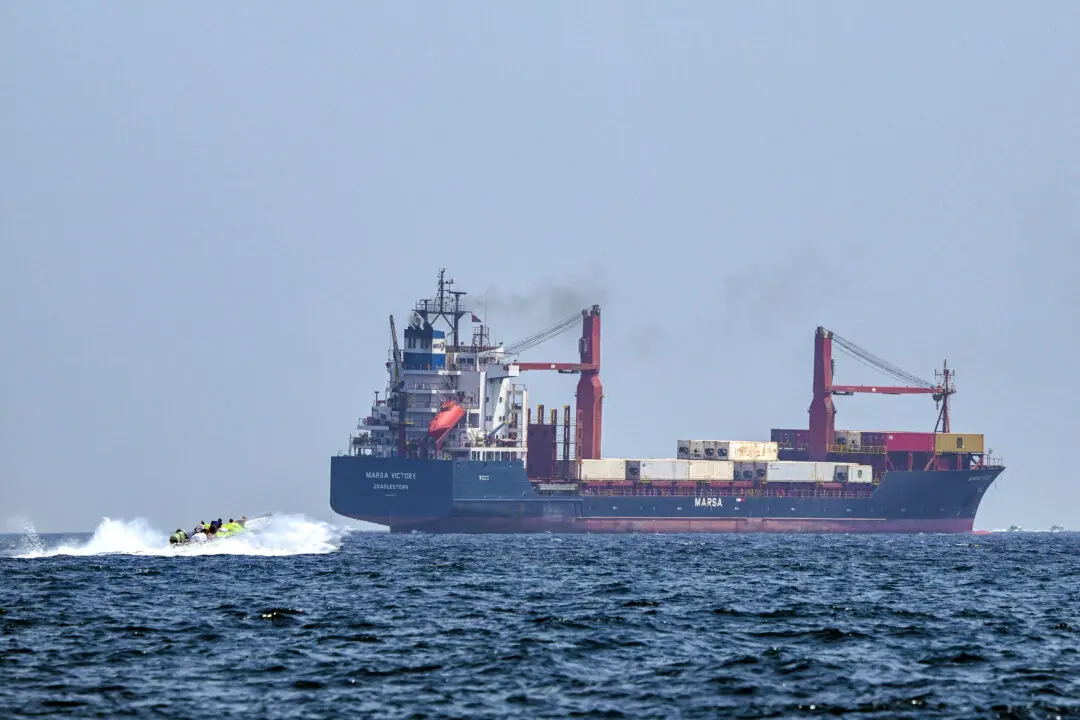TerraPower, a nuclear power venture founded by Bill Gates, announced Tuesday that it has picked a coal-mining town in Wyoming as the site for building a $4 billion demonstration nuclear plant with partial funding from the U.S. government.
TerraPower, along with GE Hitachi Nuclear Energy, has picked Kemmerer, a remote western Wyoming town for building the Natrium plant “following an extensive evaluation process and meetings with community members and leaders,” according to a statement on the company’s website. Factors for choosing Kemmerer included physical characteristics, infrastructure, and the ability of the site to obtain a license from the Nuclear Regulatory Commission.





